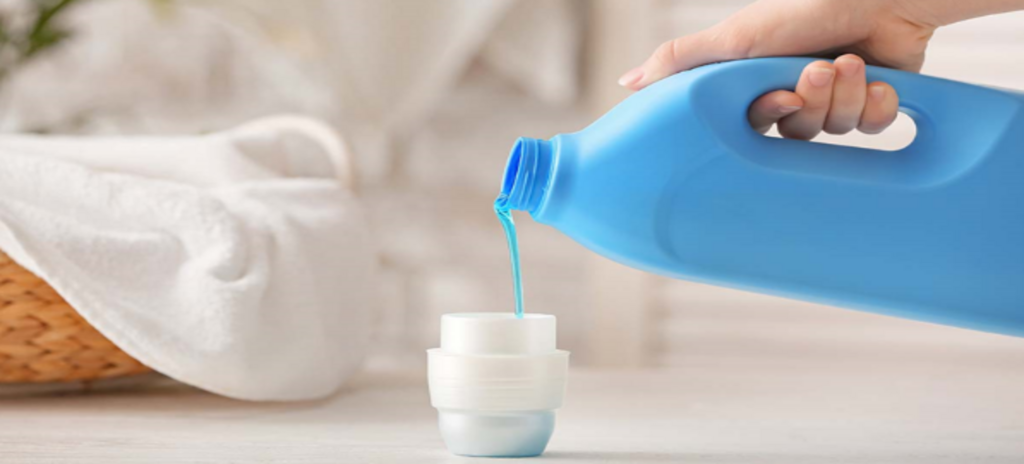Free Shipping Over £75 Orders
- 100% RECYCLEABLE PACKAGING HERBAL AND ORGANIC INGREDIENTS
Free Shipping Over £75 Orders
- 100% RECYCLEABLE PACKAGING HERBAL AND ORGANIC INGREDIENTS

The detergents we use in our daily household routines play a significant role in our lives, they provide cleanliness and comfort. However, have you ever stopped to consider the impact these products may have on the environment? While most households rely on detergents for dishes, clothes and general cleaning, the production, use and disposal of these products can have profound effects for our ecosystems. In this article, we will explore the environmental impact of household detergents and provide tips on making eco-friendly choices.
Understanding Household Detergents and Their Ingredients
Household detergents often contain a variety of chemicals designed to lift dirt, break down stains and kill bacteria. These ingredients, while effective, can be harsh on both our health and the environment. Common ingredients in detergents include:
One solution for households is to use eco-friendly alternatives that use plant-based ingredients and avoid harmful chemicals. Such alternatives are less likely to disrupt ecosystems and are often biodegradable. Switching to environmentally safe products is a simple way for each household to contribute positively to the planet.
The Effects of Household Detergents on Water Systems
The wastewater from our households eventually makes its way into local rivers, lakes, and oceans. Unfortunately, water treatment plants are not always equipped to remove all the harmful chemicals found in conventional household detergents. When these chemicals enter waterways, they can persist in the environment, causing various ecological issues. For example:
Efforts are underway to reduce phosphate use in household detergents but other harmful chemicals remain. You can reduce your household’s impact on water systems by choosing biodegradable and phosphate-free products. Additionally, using smaller amounts of detergent and adopting natural cleaning agents like vinegar or baking soda can further minimize harm.
Air Pollution and Indoor Quality Issues
Many household detergents contain volatile organic compounds (VOCs) that contribute to air pollution and indoor air quality issues. VOCs are chemicals that evaporate easily. They can have both short-term and long-term health effects. When released, VOCs can react with sunlight to form ground-level ozone which is harmful to both the environment and human health.
Soil and Wildlife Impact
As household detergents make their way through wastewater and eventually into the soil, they can negatively impact soil health and wildlife. Some detergent chemicals do not break down easily and can remain in the soil, affecting its fertility and the health of plants. Detergents can disrupt soil microbial communities, reducing the soil’s ability to support healthy plant growth.
Making Sustainable Choices for Your Household
Reducing the environmental impact of household detergents requires conscious choices. Here are some tips for greener cleaning practices:
By following these steps, each household can help reduce the environmental impact of detergents and create a cleaner, greener planet.
Conclusion
The impact of household detergents on the environment is undeniable, from polluting waterways to disrupting ecosystems and contributing to air pollution. Each household has the power to make a difference through conscious product choices and sustainable practices. By prioritizing eco-friendly alternatives and reducing chemical usage, we can protect our planet for future generations.
References
Stay Informed About Us!



Main Menu
Cookies
We use cookies to personalise content and ads, to provide social media features and to analyse our traffic. We also share information about your use of our site with our social media, advertising and analytics partners who may combine it with other information that you’ve provided to them or that they’ve collected from your use of their services.